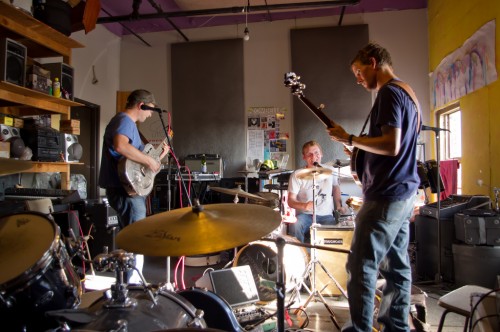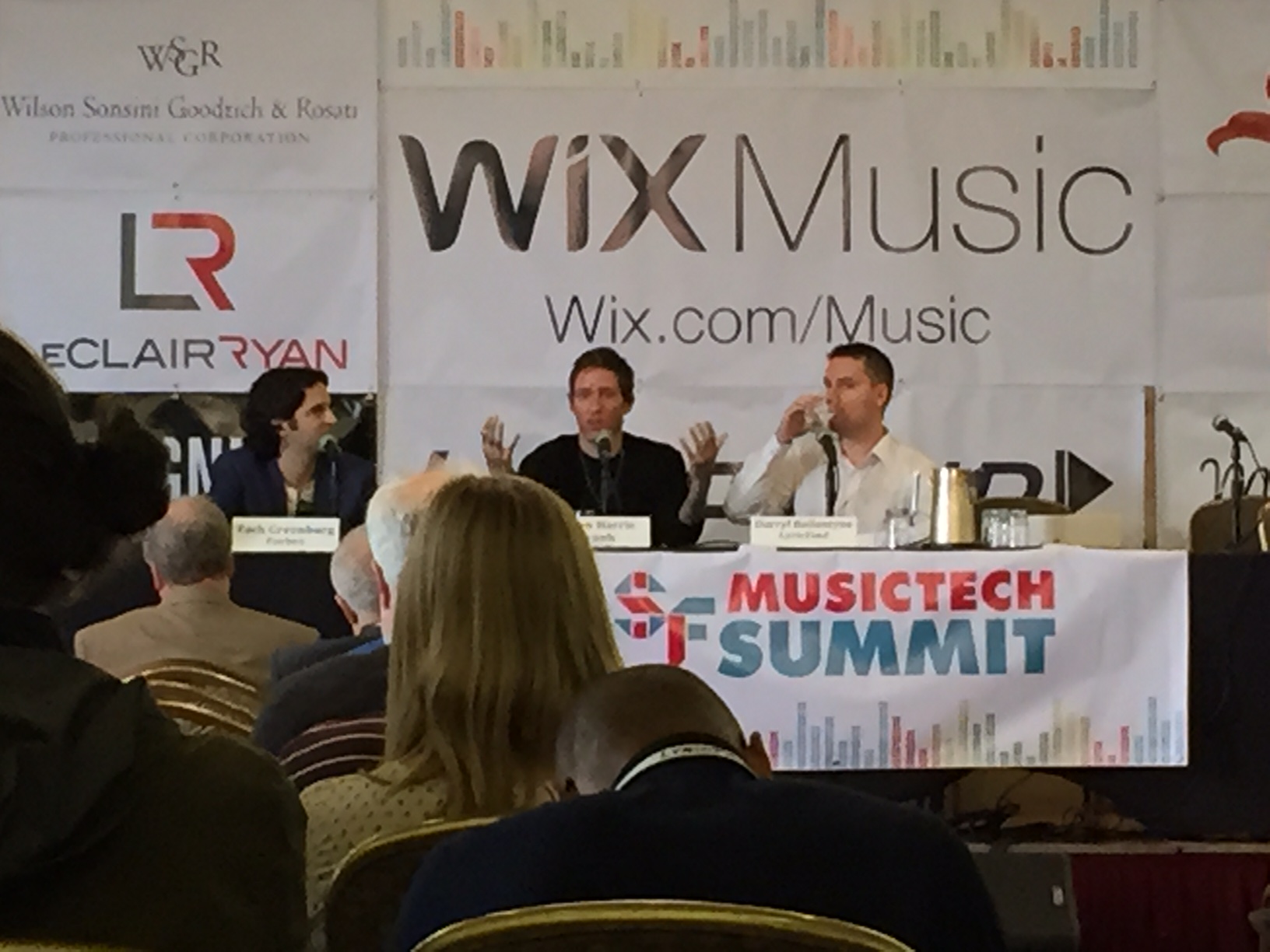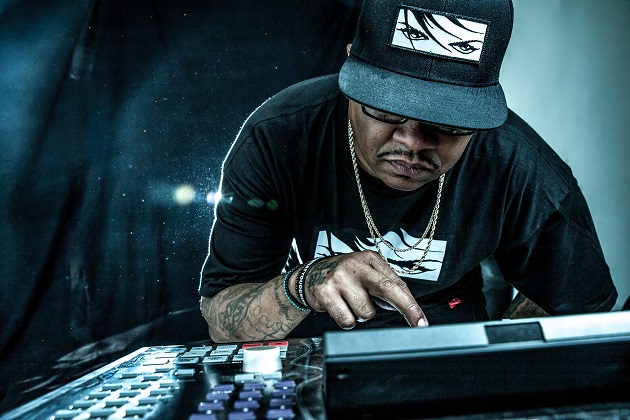 A few years back I was attending a class called “Careers in the Music Industry” at the San Francisco State University College of Extended Learning. The majority of those attending had visions of being producers, artists, publishers, or even artist managers.
A few years back I was attending a class called “Careers in the Music Industry” at the San Francisco State University College of Extended Learning. The majority of those attending had visions of being producers, artists, publishers, or even artist managers.
The course instructor who is an extremely experienced music industry veteran named Gian Fiero asked this question of the class during one session: what the most important thing to be successful in the music industry? As happens with most college courses where an open discussion of this kind might take place, no one said a thing. He repeated the question but made it simpler by asking who in the class thought having the money to back them was the most important thing when getting started in the music industry as an artist. I would estimate that more than 90% of the people sitting in the class raised their hands. I was not amongst this group, and I haven’t changed my mind about that even now.
Gian moved around the class asking a select few why they thought money was the most important thing and valid answers were given. The most consistent answer was that with financial backing you would have the resources to produce a higher level product that could be used to spread the word about your music. That point was perfectly stated, but I remember thinking at that point that those people who believed this were missing a point at the very root of the statement. When asked what I thought was the most important thing to being successful in the music industry I gave a less concise answer that focused on how if the artist in question had high quality material to begin with, people will find it and the money will always follow. Just having any kind of product to share with the world would not necessarily merit success; you have to have something of quality to offer.
As the years passed I’ve come to find that point is particularly important in today’s current artistic environments. Tastes are widespread and the audience is easily accessible with the amount of music sharing site and the social media interaction that takes place on a daily basis. Getting your product out into the world has become extremely inexpensive with dozens of websites that you can upload to in order to share your music. To a certain extent the desensitization of music listeners to the quality of recorded music thanks to the mp3, and a better understanding of how a song is produced thanks to the numerous apps and home recording programs, has influenced people to listen to the actual content of a song as opposed to focusing so heavily on the production value of the track. But this also means that the music industry is just like any other in that content truly is king. It has even been shown that some of the lowest quality audio out there these days (home recordings on YouTube), can merit commercial success. The odds of that happening are infinitesimal so I would still encourage at least some investment in production value in order to make it as easy on the listeners as possible to see the quality artist that you are since the majority of music people are listening to is going to be produced to some degree.
 Is it easy to make a career in the music industry? Not in the least. It takes a lot of blood, sweat, tears, and late nights but that is the case for any career endeavor where you wish to be successful. In the end it comes down to the simple question of what is it that you can do that someone else might not. You might create music that draws the audience into a space and out of the local world around them. You might write lyrics that are so relatable to the human condition that people can’t help but feel like you’re their best friend. Those are the things that will help you be successful in the music industry because you are creating something that the listeners (read: consumers) value.
Is it easy to make a career in the music industry? Not in the least. It takes a lot of blood, sweat, tears, and late nights but that is the case for any career endeavor where you wish to be successful. In the end it comes down to the simple question of what is it that you can do that someone else might not. You might create music that draws the audience into a space and out of the local world around them. You might write lyrics that are so relatable to the human condition that people can’t help but feel like you’re their best friend. Those are the things that will help you be successful in the music industry because you are creating something that the listeners (read: consumers) value.
Consider yourself an internet start-up. You’re going to poor long hours into your product and it’s going to be all on you when you start. But as people begin to learn about you and what you offer the financial backing can follow. It might not be the millions of dollars that every artist dreams of, but as Brian Zisk, founder and executive of SFMusicTech Summit said in a recent article on sfgate.com “As long as you have people with money, they’re willing to spend it on music.” So if you put out a quality product, they might just spend it on yours.






